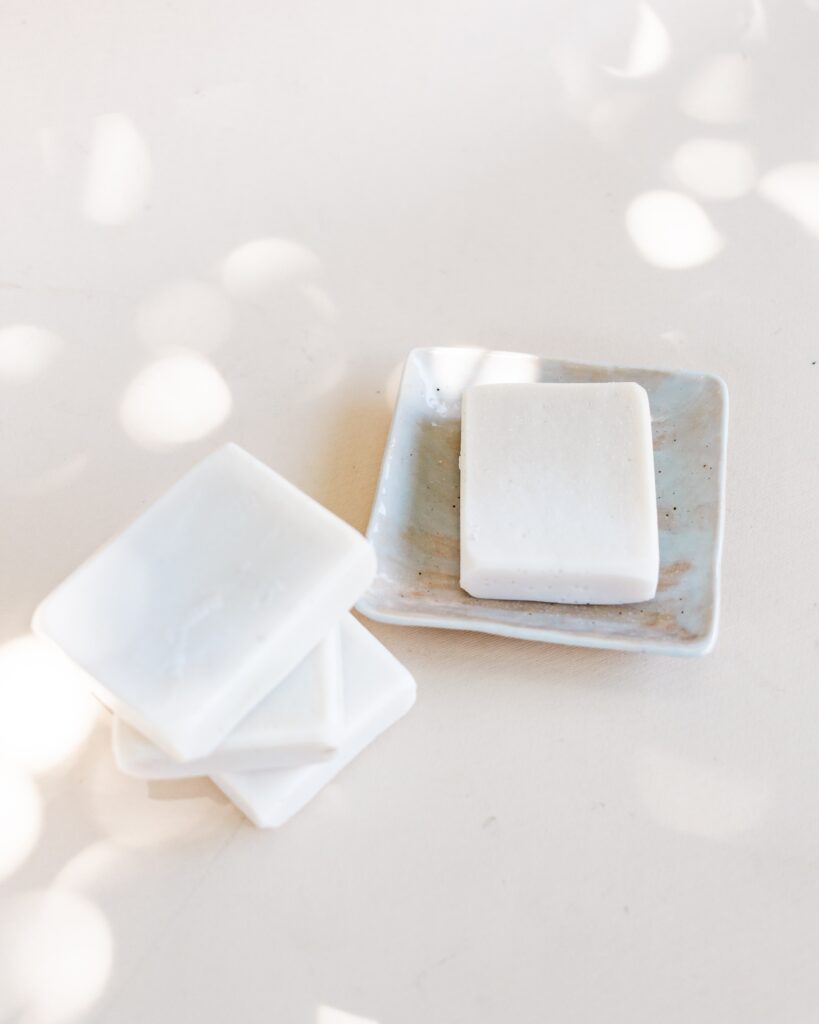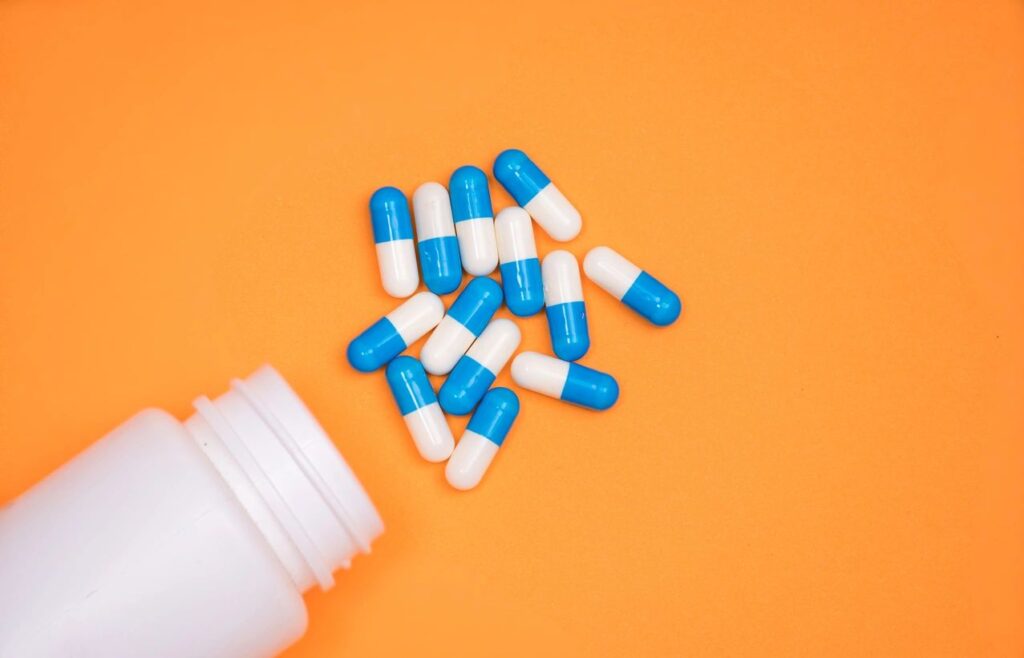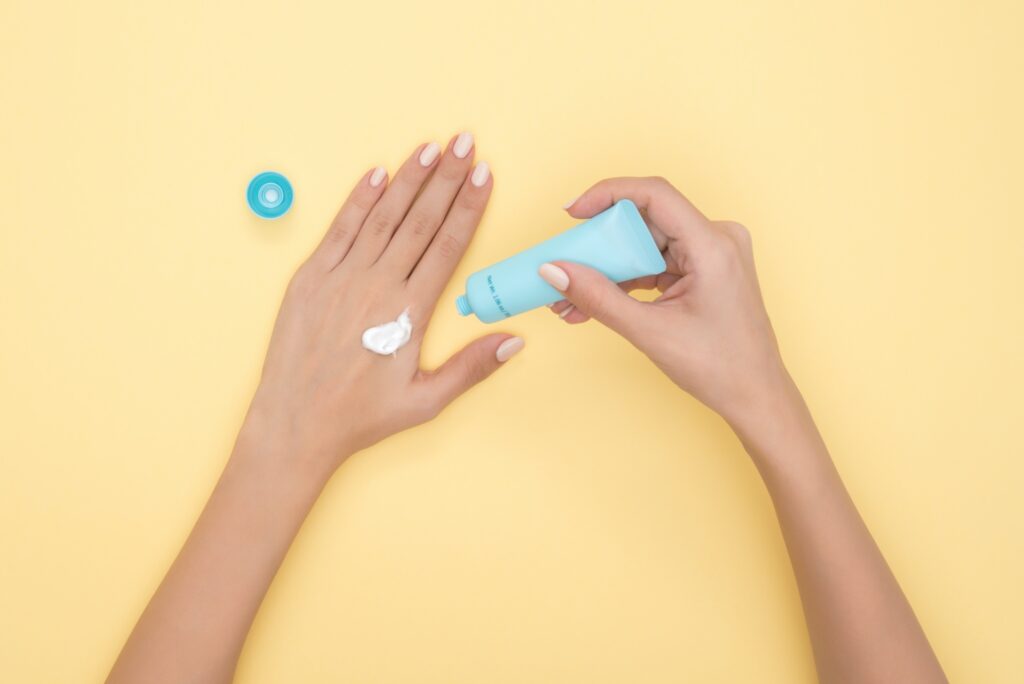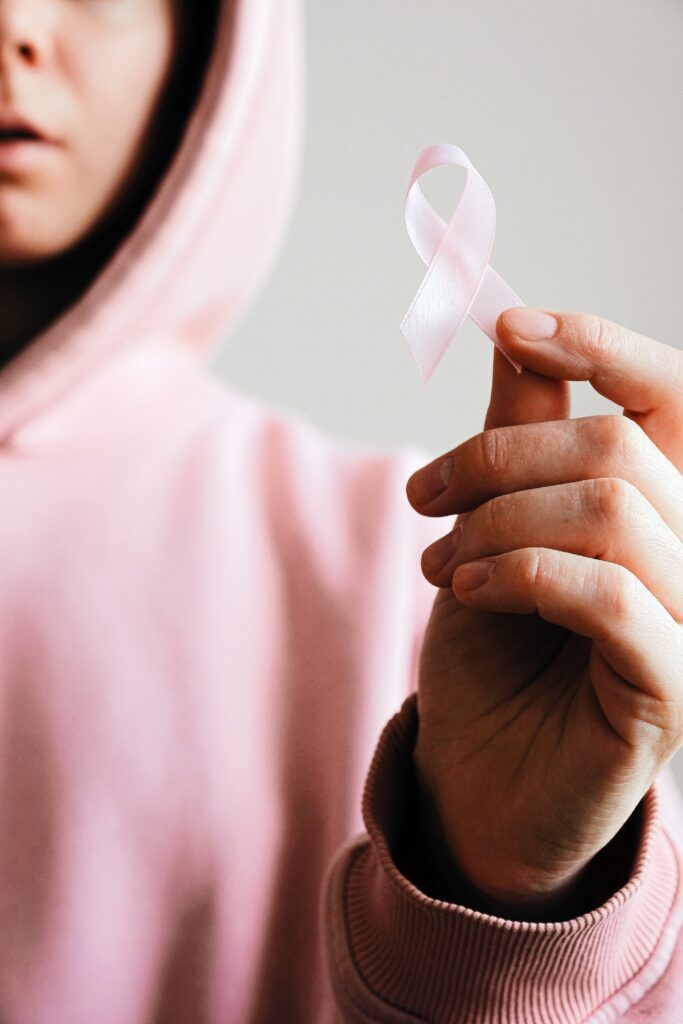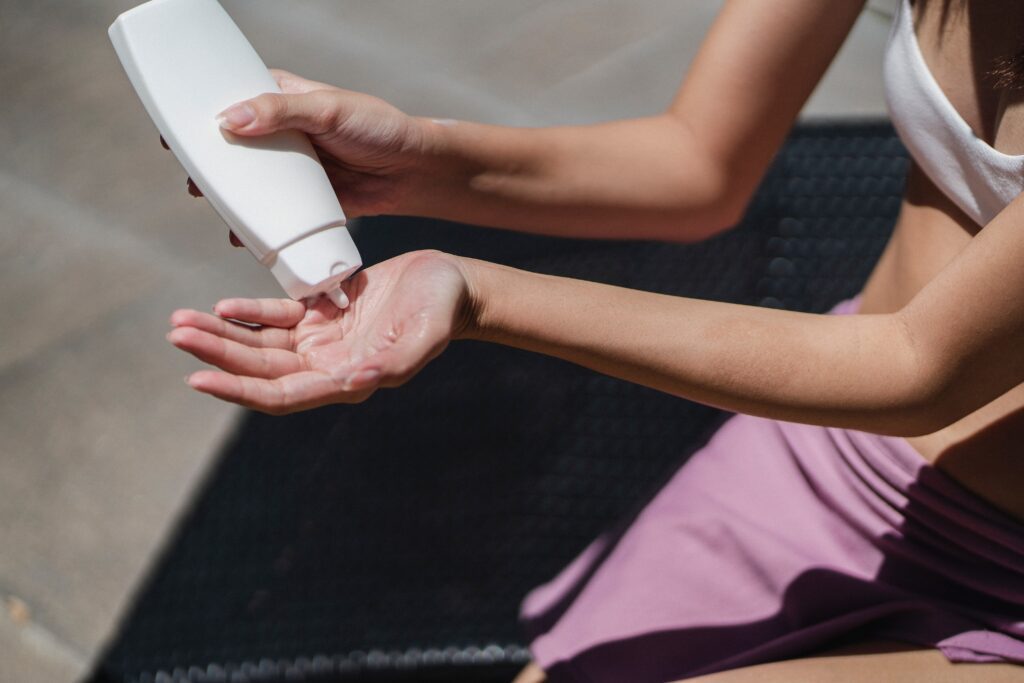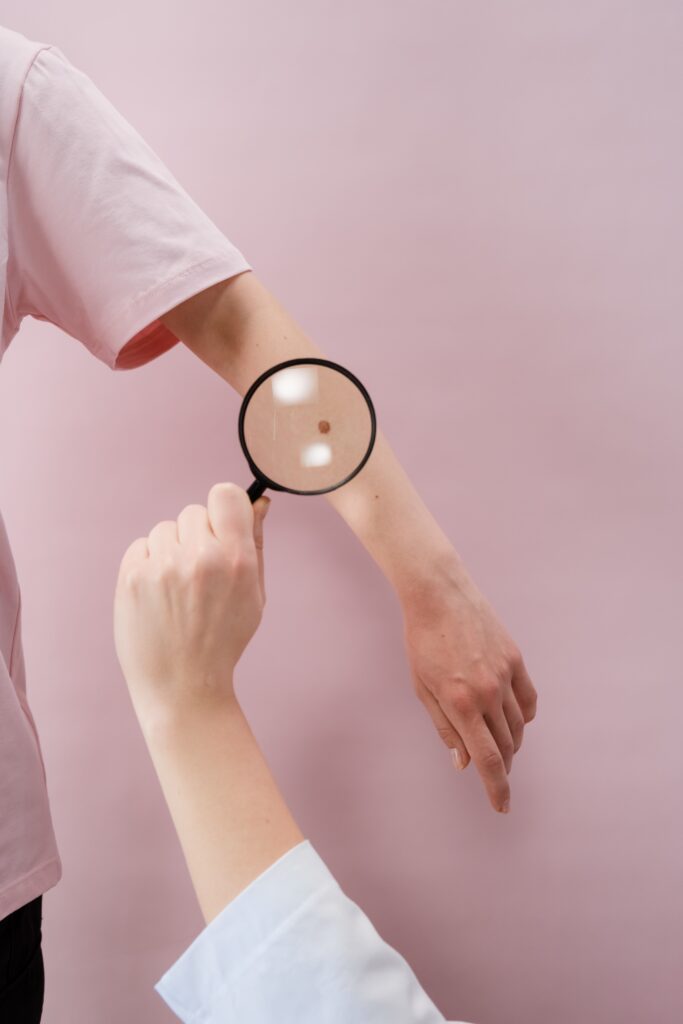CHILDREN USE MORE SUNSCREEN WHEN DISPENSED FROM A PUMP
By Robert S. Bader, M.D., Dermatologist |
A study published in the Archives of Dermatology found that children use the most sunscreen when dispensed from a pump, when compared with squeeze bottles and roll-on dispensers. Despite this finding, kids used half of the recommended amount even with the pump-dispenser.
MELANOMA DRUG VEMURAFENIB MAY INCREASE RISK OF SQUAMOUS CELL CARCINOMA
By Robert S. Bader, M.D., Dermatologist |
According to a study published in the New England Journal of Medicine, Vemurafenib (Zelboraf) speeds the growth of squamous cell carcinoma. HealthDay explained that “roughly one-quarter of patients who take the medication develop a troublesome side effect: secondary skin cancers called squamous cell carcinomas.”
SHOULD MELANOMA EXCISIONS BE SO LARGE?
By Robert S. Bader, M.D., Dermatologist |
A study published in The Lancet by Dr. Peter Gillgren indicates that a 2-cm excision margin is safe and as sufficient as 4-cm margins for the removal of melanomas that are at least 2-mm thick. This study took place in Sweden and involved a total of 936 patients. This study indicates what has been believed for over a decade, that large…
MALIGNANT MELANOMA IS THE MOST COMMON CANCER IN YOUNG CAUCASIAN WOMEN (AGES 25 TO 29)
By Robert S. Bader, M.D., Dermatologist |
According to the American Academy of Dermatology, Malignant Melanoma is the most common cancer in white women ages 25 to 29 years and the second most common form of cancer in women 15 to 30 years of age. Interestingly, these are the ages that many women will go the beach to get tan or use tanning beds. Despite…
THE NEW U.S. FDA GUIDELINES FOR RATING AND LABELING SUNSCREENS
By Robert S. Bader, M.D., Dermatologist |
Skin cancer is the most common cancer in the United Stated. One should use a broad-spectrum sunscreen that protects against both UVA and UVB rays. The SPF rating system only applies to the protection the sunscreen has against UVB and will still be used. Here are the changes in labeling: The highest SPF rating will now…
SKIN CANCER SCREENING PERFORMED BY A DERMATOLOGIST IS MORE EFFECTIVE THAN SELF-DETECTION
By Robert S. Bader, M.D., Dermatologist |
Although most people know of the dangers of skin cancer and even checking their skin periodically, Dermatologists are musch better at noticing subtle changes. Melanoma is the most dangerous of the common skin cancers and can be found by patients themselves, but new research reveals that self-detection is not as effective as screenings performed by…
DOES USING SUNSCREEN INCREASE MY RISK OF GETTING SKIN CANCER?
By Robert S. Bader, M.D., Dermatologist |
This is a common question that I am asked that has a complicated answer. To put it simply, the answer is maybe. Studies have shown that people who apply sunscreen regularly are more likely to experience painful, damaging sunburns. In fact, these persons had a 23% greater risk of multiple sunburns within the past year….
AN ASPIRIN A DAY MAY KEEP MELANOMA AWAY
By Robert S. Bader, M.D., Dermatologist |
In a study published in the Journal of Investigative Dermatology, patients who took an aspirin a day for more than five years had a 49% decreased risk of developing melanoma. Similarly, those who took NSAIDs (anti-inflammatory medications such as ibuprofen) daily had a 43% decreased risk of getting melanoma.
TWO NEW DRUGS FOR ADVANCED MALIGNANT MELANOMA MAY IMPROVE SURVIVAL
By Robert S. Bader, M.D., Dermatologist |
Patients with advanced malignant melanoma taking the experimental drug, vemurafenib, were 63 percent less likely to dies than those who were given chemotherapy. After three months, patients had a 74 percent reduction in the risk of skin cancer progression and half had tumor shrinkage compared to chemotherapy. This drug is designed to be used in patients…
WHEN SHOULD I APPLY SUNSCREEN?
By Robert S. Bader, M.D., Dermatologist |
One should apply sunscreen every day to exposed skin, even if you are not going to be outside in the sun. While some of the suns ultraviolet rays cannot penetrate glass windows, some can, leaving you prone to these damaging effects if unprotected. For days when you will be indoors, apply sunscreen on the areas not covered by clothing,…

